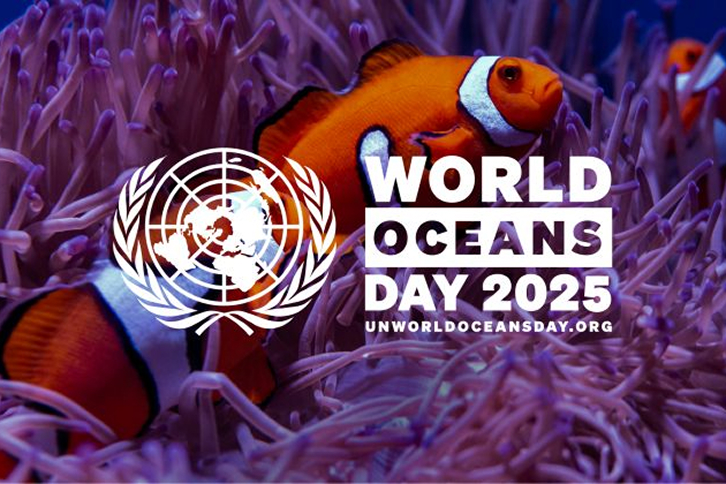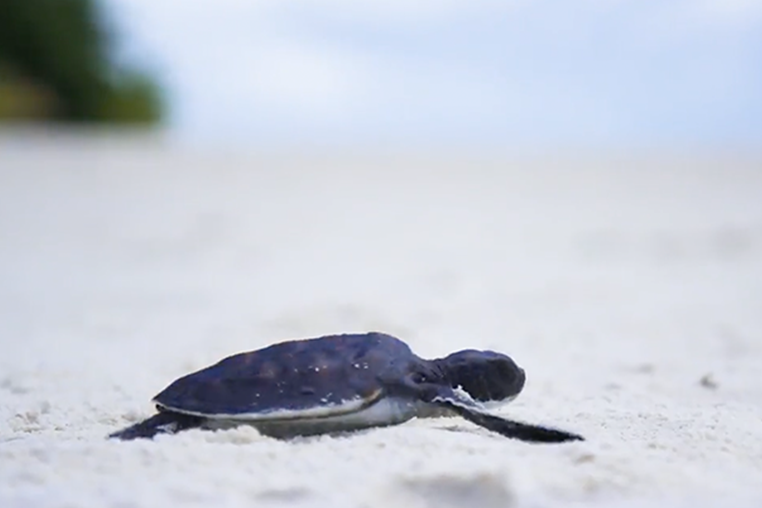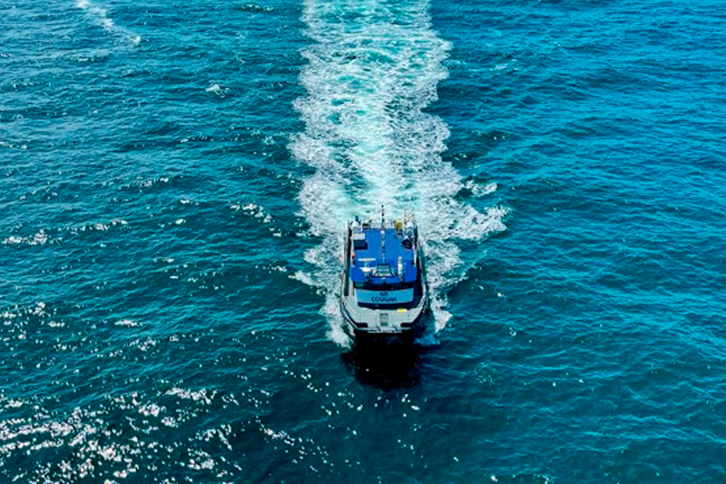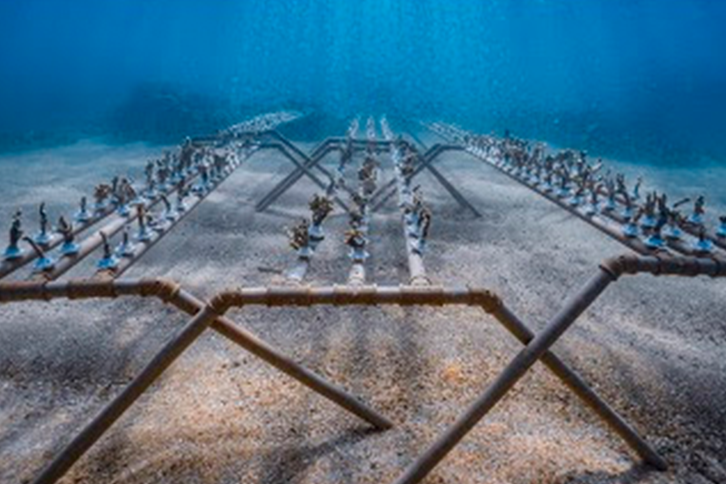World Oceans Day 2025
World Oceans Day, the importance of protecting 70 % of our planet
Since 2008, 8 June has been World Oceans Day, as designated by the United Nations General Assembly. The aim is to raise awareness of the importance of caring for an ecosystem that produces 50% of our planet's oxygen and absorbs 30% of the carbon dioxide produced on our planet.

The discharge of plastics into the oceans has accelerated exponentially in recent decades and now exceeds 8 million tonnes per year. Many marine species are affected and at least 90% of them have seen their populations reduced.
In 2008 the UN proclaimed 8 June as Oceans Day, with the aim of giving visibility to the key role it plays in safeguarding life on our planet and highlighting how much our main "lung" is suffering from temperature changes due to climate change.
The importance of oceans
The ocean is key to the creation of oxygen and the absorption of carbon dioxide. But the sea also provides critical natural resources such as food, medicines and biofuels. Large-scale exploitation of the marine ecosystem, however, is causing almost constant degradation, worsening the living conditions in the ocean.
This problem is clearly seen in coral reefs, which are suffering from the acidity of the oceans. A 10-30 % sustained increase in annual acidification leads to the death of more than 50 % of coral reefs, with the resulting problems for marine ecosystems.
These ecosystems are tremendously necessary for our future, as indicated in Sustainable Development Goal (SDG) 14 on underwater life, to which Iberdrola is committed. We support the annual ocean clean-up Enlace externo, se abre en ventana nueva. to try to raise awareness of the problem. In addition, at facilities such as East Anglia One (United Kingdom), we have focused on protecting the birds, mammals, and especially the porpoises that live in the region, being respectful of the ecosystem.
Enlace externo, se abre en ventana nueva. to try to raise awareness of the problem. In addition, at facilities such as East Anglia One (United Kingdom), we have focused on protecting the birds, mammals, and especially the porpoises that live in the region, being respectful of the ecosystem.

Oceans are key to our planet's future
Problems caused by pollution
The situation with plastic in the ocean has been getting progressively worse in recent years. The European Parliament says that the oceans are already home to more than 150 million tonnes, with an ever-increasing annual discharge. This results in microplastics being found in the food chain, posing a health risk.
Global warming causes an increase in temperature and the water has a lower oxygen level as a result. In addition, raw sewage discharges continue to pollute the seas, as do fuel spills, massively polluting the oceans.
World Ocean Day 2025: Awaken New Depths
According to the United Nations, despite our total dependence on the ocean, we have only explored about 10% of it. Although we are aware of the state of the oceans, society does not seem to have taken a stand. That’s why the theme for World Oceans Day 2025 is Wonder: Sustaining What Sustains Us. The focus on the word “Wonder” highlights the awe-inspiring nature of the ocean and the duty we all share to care for and protect it.
On 8 June 2025, the United Nations World Oceans Day will be celebrated in the French city of Nice, just ahead of the 2025 United Nations Ocean Conference, which takes place from 9 to 13 June. The rare convergence of these two major UN ocean events offers an unprecedented opportunity to raise awareness and strengthen global cooperation for the ocean.
The raising of the World Oceans Day flag will mark a moment of global unity and momentum for the ocean, setting the stage for the UN Ocean Conference in Nice. With the striking backdrop of the Boat Regatta, the symbolic flag-raising ceremony will invite the global ocean community, along with the public in Nice, to celebrate this year’s UN World Oceans Day theme: “Wonder: Sustaining What Sustains Us”.
Iberdrola and the fight for oceans
At Iberdrola, we are also working to care for our blue lungs and we do so through specific proposals. At East Anglia One, we use HVO30 fuel, which is made up of 100% vegetable oils and reduces pollution from the usual marine fuel by 30%. We are also looking at the noise problems that animals may have because of the plant, to try to keep the impact as low as possible.
In Brazil, work is also underway to restore two coral reefs. In both cases, the projects are carried out in collaboration with WWF and aim to restore two endangered species. In addition, this work is intended to help to advance research into these marine ecosystems, located more than 150 metres below the surface of the sea.






